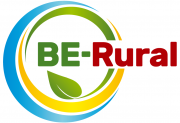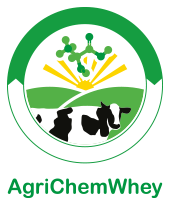BIO4ECO project
Project concluded

BIO4ECO aims to improve regional and national policy processes and policy implementation and delivery addressing the transition to a low carbon economy, in relation with renewable energy use, energy efficiency of building, and forest and agricultural biomass.
The main expected outcomes are:
- increase the share of renewable energy in the overall energy mix (17 M€ of ERDF funding benefited by the project)
- take into account bioenergy and bioeconomy in all planning and decision-making
- lay the groundwork for future integrated strategies and programmes for regional bioeconomy and carbon neutrality.
BIO4ECO will organise interregional and local learning process by thematic workshops, study visits and local stakeholder groups meetings, to achieve a greater integration among the lessons learned. These are going to be the cornerstone of the learning process.
Topics that will be worked in these events are the following:
- Role of forests within regional and national low carbon and bioeconomy strategies and programmes
- First-hand experience on integral solutions for bioenergy policies and strategies
- The Energy-Foof-Water land use nexus: possible equilibrium for the low-carbon transition
- How to increase social acceptance of bioenergy policies?
- Priorization of bioenergy production at different geographical scales
Contacts: Adriano Raddi: adriano.raddi@ctfc.cat










